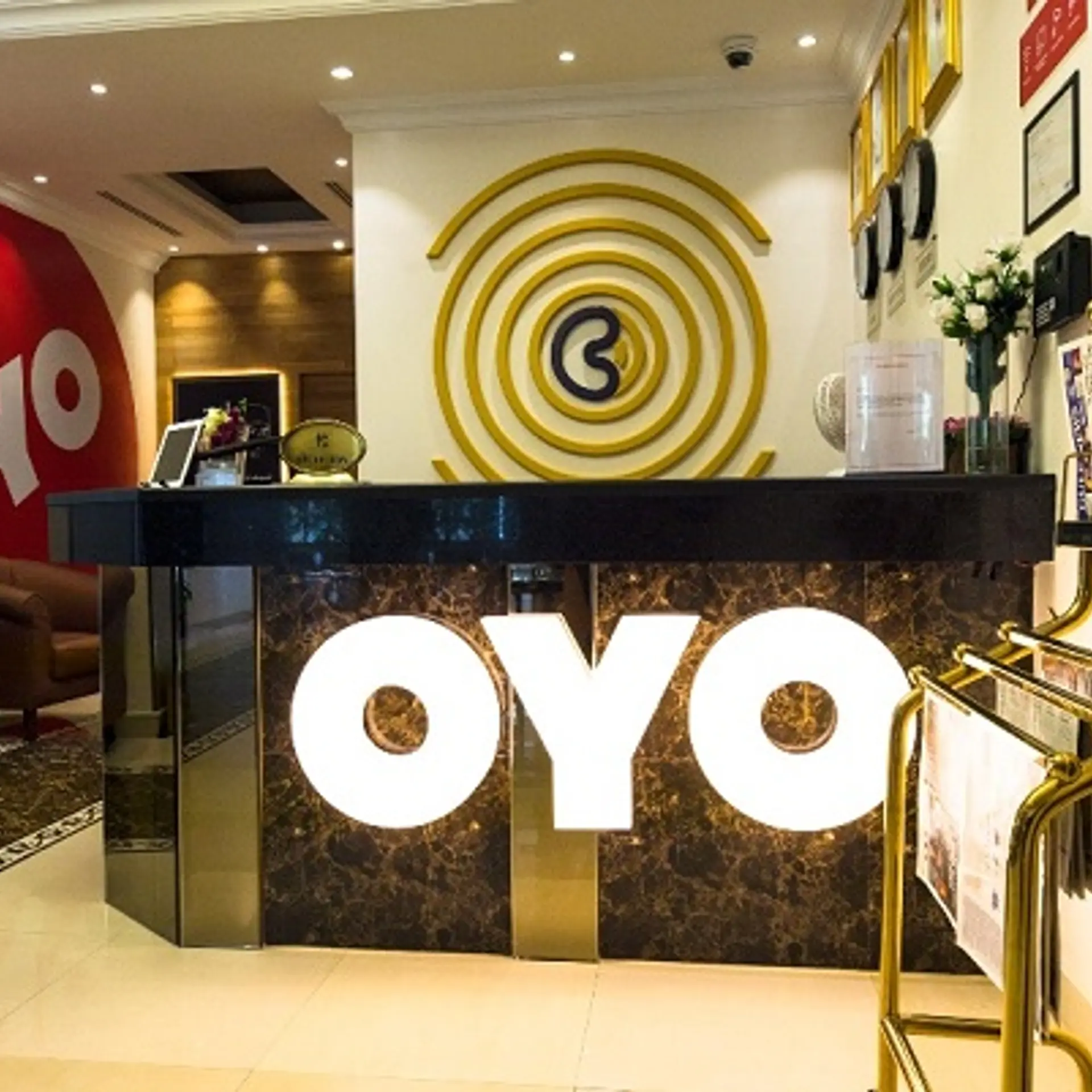Priyanka Kanwar’s fintech startup is helping businesses soar high by embracing the digital economy
Kite provides accessible, secure and modern finance to Indian businesses, their employees, and beyond.
As a teenager, Priyanka Kanwar used to reflect on what she enjoyed doing every day and what could turn into her life’s mission. The first, she says, was pushing her boundaries, learning new stuff rapidly, and taking on bigger challenges at every step so she could consistently grow as a person. Her second mission was to help empower people, whether it was her own family and friends, or people she had never met.
As she grew older, she never wavered in what she wanted to do. But, first, as with most achievers, getting a good education was of paramount importance. She graduated in Economics from Yale University and followed it up with diverse experiences in classic banking and consulting companies like Accenture and HSBC and also ran a couple of global non-profits as a student.
Her heart, however, had always been in entrepreneurship, so she took the risk and jumped right into it to found Kite, a fintech startup, with a vision to empower people to have better access to finance and technology. She discussed these issues for years with her best friend, Prabhtej Singh Bhatia, and the duo realised the potential in store if they used their respective skill sets —Priyanka in academics, Prabhtej in business — to create an innovative and interdisciplinary startup working on finance in India.
Finance solutions for the digital economy

“Kite was launched last year with the belief that Indian finance urgently needed a modern overhaul. As we saw it, the Indian economy ran on old-school tech and outdated thinking, where a bank was confined to its four walls, and millions still lacked access to basic financial opportunities. We realised that businesses and consumers alike didn’t just need better finance solutions, but an entire ecosystem that offered them the support to grow,” she says.
On interviewing several entrepreneurs and businesses, they managed to identify gaps and inefficiencies. Priyanka explains, “The average midsize business loses around Rs 65 lakh annually to leakages and foregone tax savings, and has accountants spend over 250 workdays managing manual financial processes. This inefficiency means the Indian economy suffers from poor tracking, lost liquidity, and wasted workdays. But with changes like GST and the push for a less-cash economy, millions of businesses are about to enter the formal sector. Kite’s mission is to build accessible, secure, and modern finance solutions for this new digital economy. In partnership with some of the country’s most renowned institutions, we are creating an entire ecosystem to foster an economy driven by financial intelligence, letting businesses focus on their success, rather than their bottom line.”
Kite’s platform has processed over $70 million in transactions and served 110,000 users from 1,200 cities, building financial identities with more than six million data points.
The company has also partnered with a number of globally recognised service providers, including Visa, Mastercard, and RuPay. Other partners include a host of top financial and B2B institutions, which provide Kite’s clients with access to a range of other solutions. Kite has also entered agreements with several of the 10 largest banks in India, looking to solve the distribution needs of established banks through Kite’s modern and accessible financial solutions. These partnerships offer Kite access to over 40 million merchants globally and provide the opportunity to scale from Day 1.
In firefighting mode
A young startup goes through its own set of challenges, and Kite was no different. “When you are running a company, every single day throws up a new, unexpected challenge. From dealing with micro challenges like ensuring fully agile tech execution to macro ones, like building enough credibility to strike the right deals with established partners, I am constantly on firefighting mode. However, looking back, the biggest challenge that I have faced as an entrepreneur has been proving to myself that I could take on a task as risky and massive as this, and successfully translate our vision into reality. Jumping into an extremely hard-to-navigate industry like finance, as not only a first-time entrepreneur but as a complete industry outsider, is emotionally, mentally, and physically exhausting — you have to be ridiculously relentless. There have been many moments where I doubted myself as a young entrepreneur (and even dealt with founder insomnia!), but I’m glad I got through the lows stronger than ever before,” she reveals.
Women should be made to feel welcome
Though Priyanka is happy that the startup ecosystem in India and globally has evolved to better support women entrepreneurs, she believes a lot more needs to be done to make it easier for women to succeed as founders.
“The fact that only two percent of equity funding last year went to female founders in India underscores a deep-rooted, systemic issue. Whether it is encouraging a 22-year-old engineering graduate to take the risk of starting up or assuring a 36-year-old mother that she won’t face bias with investors, we need to do more at every step to make women feel welcome into the ecosystem. We need stronger female role models, more female-centric venture funds, better access to mentors and, overall, a celebration of female entrepreneurs – not only those who have ‘made it’, in the traditional sense, but also those that have tried and taken the first, most difficult step towards becoming a founder,” she adds.
It’s not just about funding that women have to worry about. It’s also about sexism, stereotyping, and the proverbial glass ceiling. Priyanka, who is her twenties, says she is no stranger to confrontation and preconceived notions in the boardroom.
“I work in finance, so you can imagine a room full of 45-year-old men, dressed in traditional suits at a large bank, being startled when a young woman in a dress walks in and starts talking business. I’ve definitely had moments when conservative business folks would very explicitly make no eye contact with me whatsoever and only pay attention to what my male co-founder was saying the whole time. Small incidents like this would unnerve me at first, but now I just laugh them off,” she says.
Priyanka adds that women entrepreneurs need to believe in themselves, first. “I’ve found that the more conviction I have in my own ability to pull off any meeting at the negotiation table, the more I am able to break through this glass ceiling. Sometimes, it’s almost psychological — I see much less of this ceiling now than I did two years ago I was starting out — perhaps because more than the external setting changing, my understanding of my own strengths as a leader has evolved,” she adds.
Improving access and creating impact
At the moment, Priyanka is focused on expanding Kite and turning it into the most innovative financial platform for businesses and employees across the world.
“We have been meticulously building our core technology to ensure that it can rapidly scale across different products, client segments, and geographies. With some very interesting and large-scale partnerships launching soon, I’m excited to take the company to the next level, and am particularly keen on improving access to credit and insurance for SMBs in India,” she reveals.
She also wants to use Kite’s technological expertise and business network to create a powerful platform for empowering underrepresented communities with education, work opportunities, and support for entrepreneurship.
“Through such initiatives and my work at Kite, I hope to grow into a strong and responsible role model for female entrepreneurs and those from other typically marginalised groups,” she concludes.







